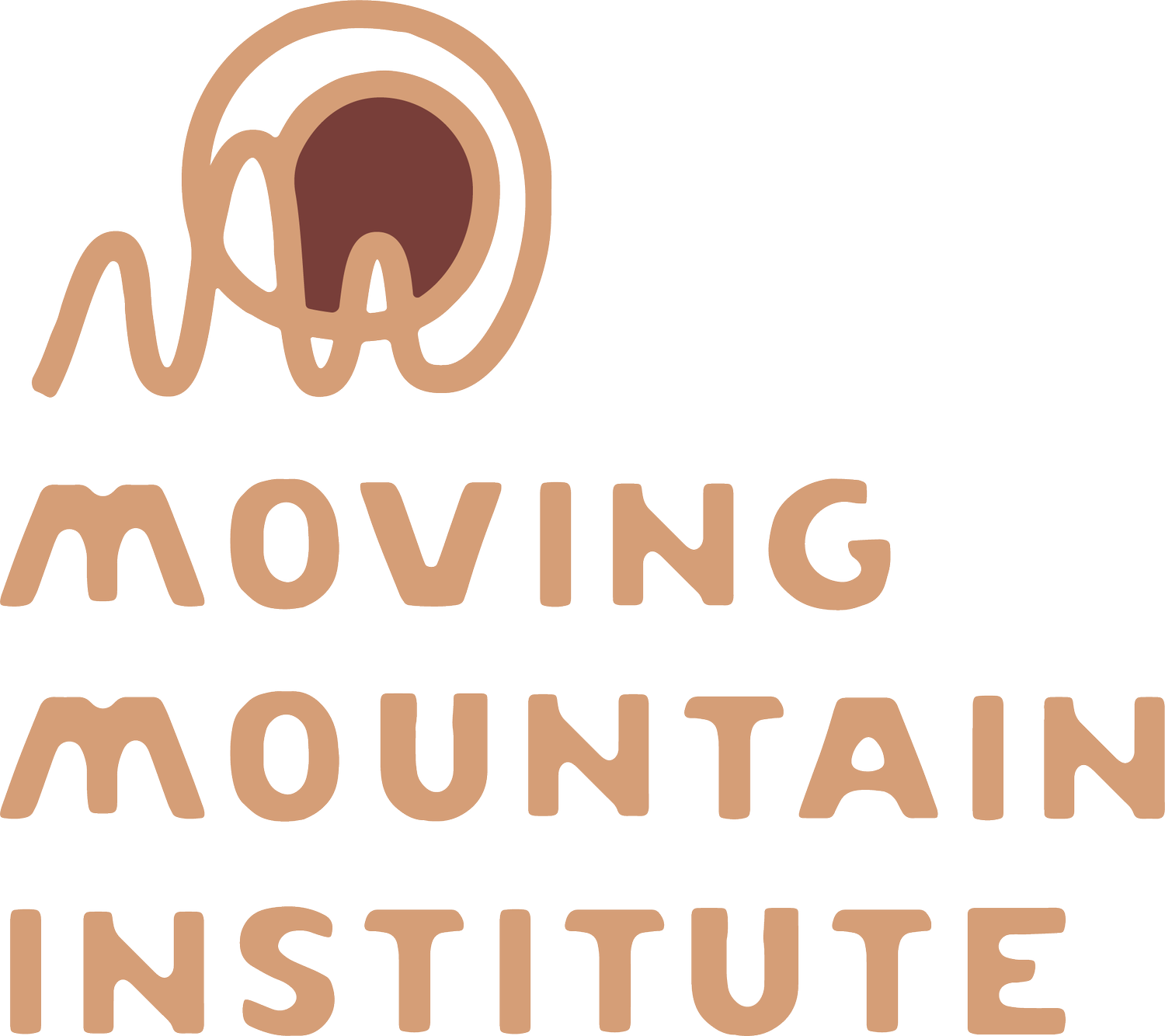Reflecting on Vagus Importance and Touch
/Hi all,
I have been engaged in some ongoing subterranean contemplating about the vagus nerve and our touch-oriented work. One of my favorite means of studying is to hold within myself what I call, "open questions". Questions that are difficult to answer but the pursuit of them can continue to deepen and evolve my understanding about the topic in question. Open questions are fun because they just exist out there (or in here) and often insights will be stimulated by encountering some seemingly unrelated idea or phrase or poem or perspective - something that allows me to see the question or topic slantwise. I like slantwise seeing.
I have an ongoing inquiry with myself about how to treat complex digestive issues. I am consistently interested in the inter-relationship between the digestive organs and the nervous system and their intertwining with our emotional experience. Candace Pert blew my mind when she wrote about the small intestine having an equal concentration of the molecules associated with emotion as the limbic system in the brain. I wonder at our collective ability to process the complexity that the modern world represents. I wonder about how each of us might carry both our personal story and some part of the collective struggle. How might our bodies then reflect all that we carry?
Lately, I have been enjoying the work of Daniel Siegel and Stephen Porges. They are exploring a field that is termed psychoneurobiology. Big word, I know. It's understandable to maybe feel alienated by such a word, laden as it might be with reducing our felt experience to scientific measurement. However, the field offers potent insights for touch-related work as it puts the world of relationship and integrating traumatic experiences solidly within the body even as it explores mind (as distinct from brain) and neurology (brain et. al).
Porges states in an early section of his book, The Polyvagal Theory:
"When we view living organisms as a collection of dynamic, adaptive, interactive, and interdependent physiological systems, it is no longer appropriate to treat the autonomic nervous system as functionally distinct from the central nervous system. We start to recognize that peripheral organs do not "float in a visceral sea". Rather, they are anchored to central structures by means of efferent pathways and are continuously signaling central regulatory structures along their abundant afferent pathways. Thus, the bidirectional connections between autonomic and central brain structures become apparent. Accordingly, new theories and research strategies must incorporate the dynamic and interactive constructs that link central structures with peripheral organs."
Porges' is a true scientist, conducting and assimilating research. However, his goal is entirely within the realm of human experience and relationship. Porges states that 80% of the vagus nerve contains afferent fibers - fibers that send information back into the central nervous system. Thus, a gesture of the vagus nerve--wandering beauty--is one of reaching towards an understanding of the milieu, it is wanting to experience what the body is experiencing and relate this back to the central nervous system. An aspect of this visceral experience is emotional and the vagus is intimately twined with this visceral processing of our simultaneous emotional-physical experience.
© Tiffany Sankary, author of Feldenkrais Illustrated: The Art of Learning Check out her work, book and website at: www.movementandcreativity.com
I think of all this when performing and studying working with the abdomen and viscera. I believe that intelligent, specific, curious and respectful hands-on work with the abdomen can affect this visceral milieu and thus give the ever-curious vagus nerve new or changed information about what the body is experiencing. While Porges doesn't state it outright, I feel that touch-related work on the abdomen is one of these new strategies that does incorporate the dynamic and interactive world of body, brain, feeling and mind. I believe this is why visceral manipulation can have profound clinical results in concert with other treatment modalities. It's why I continue to refine my understanding of the work and am so excited to share it with others. If you are free next Saturday, the 24th, come learn how to do this work. For more information or to register click here.
If you're interested, email community@movingmountaininstitute and we will send you an audiofile of a beautiful talk by Stephen Porges if you want to hear from him directly. I have listened to it multiple times and learn more each time.
Cheers,
Michael





